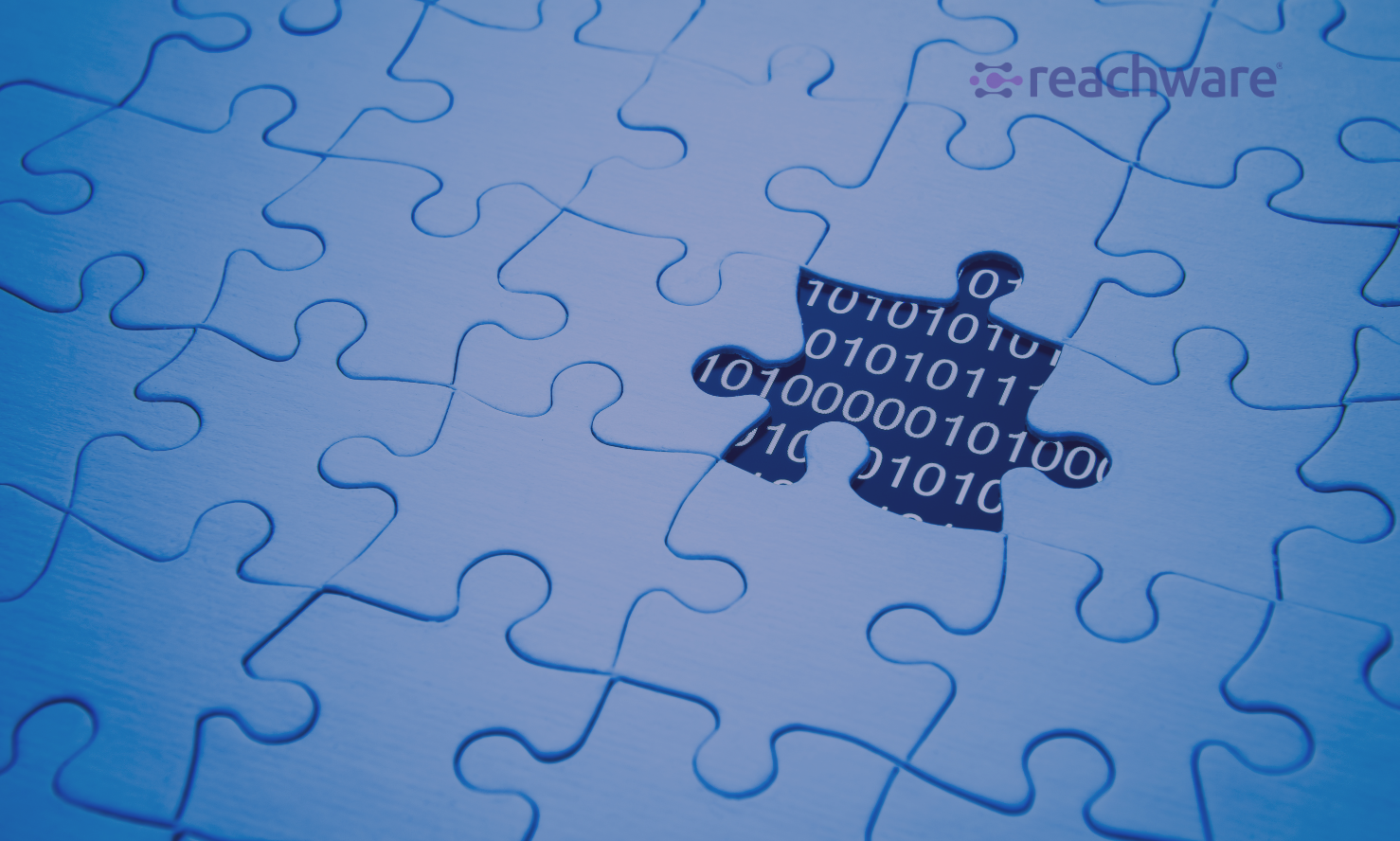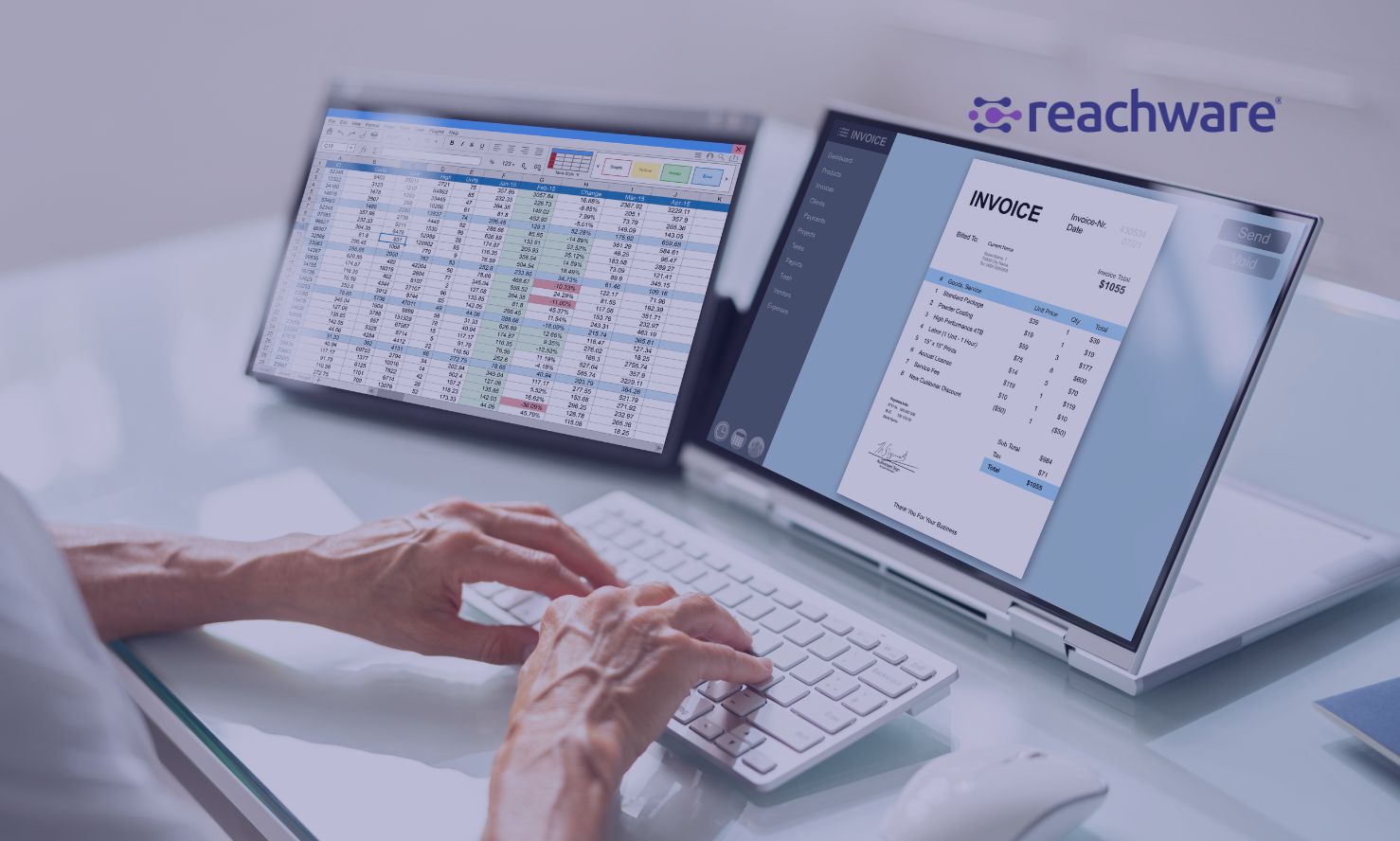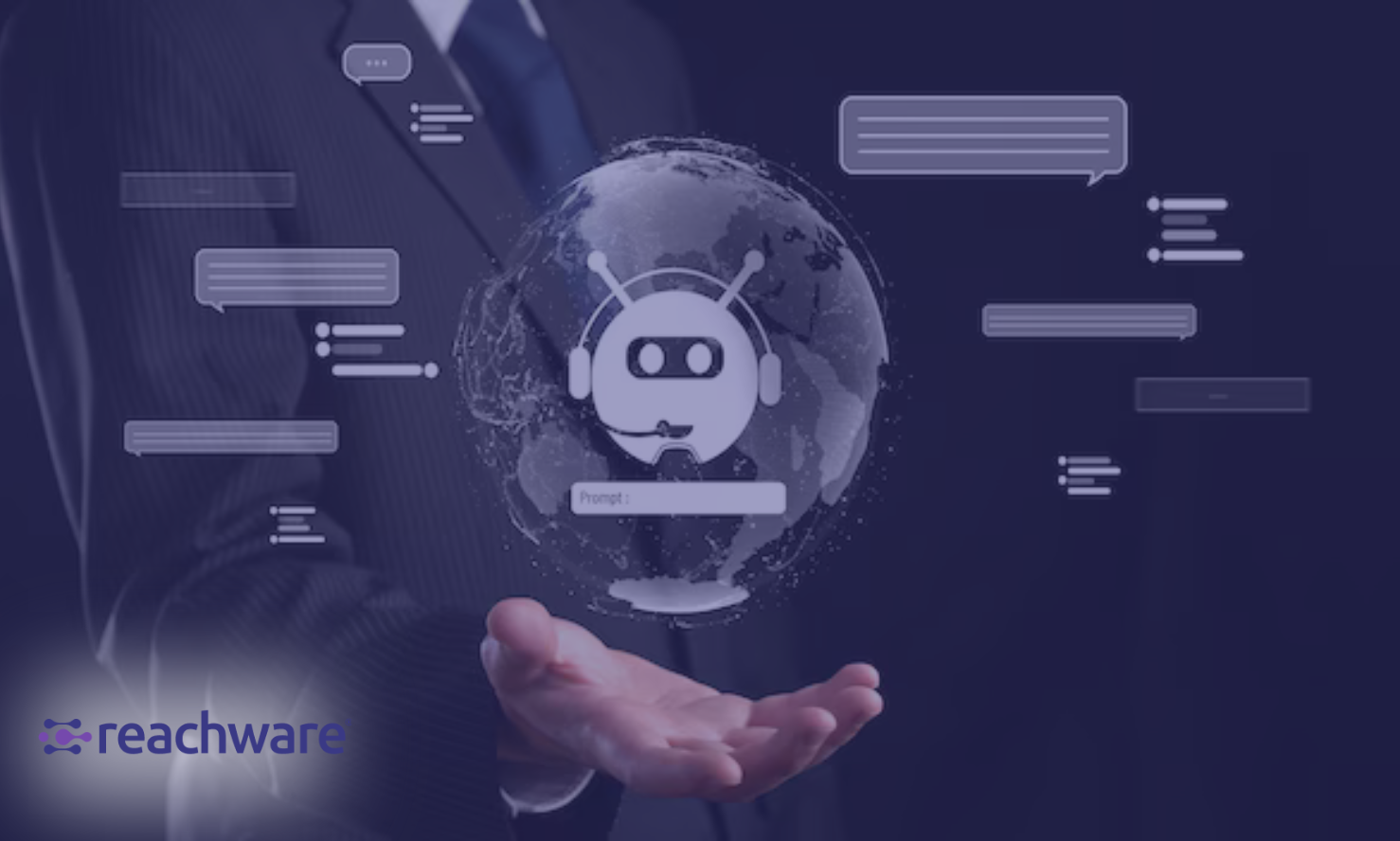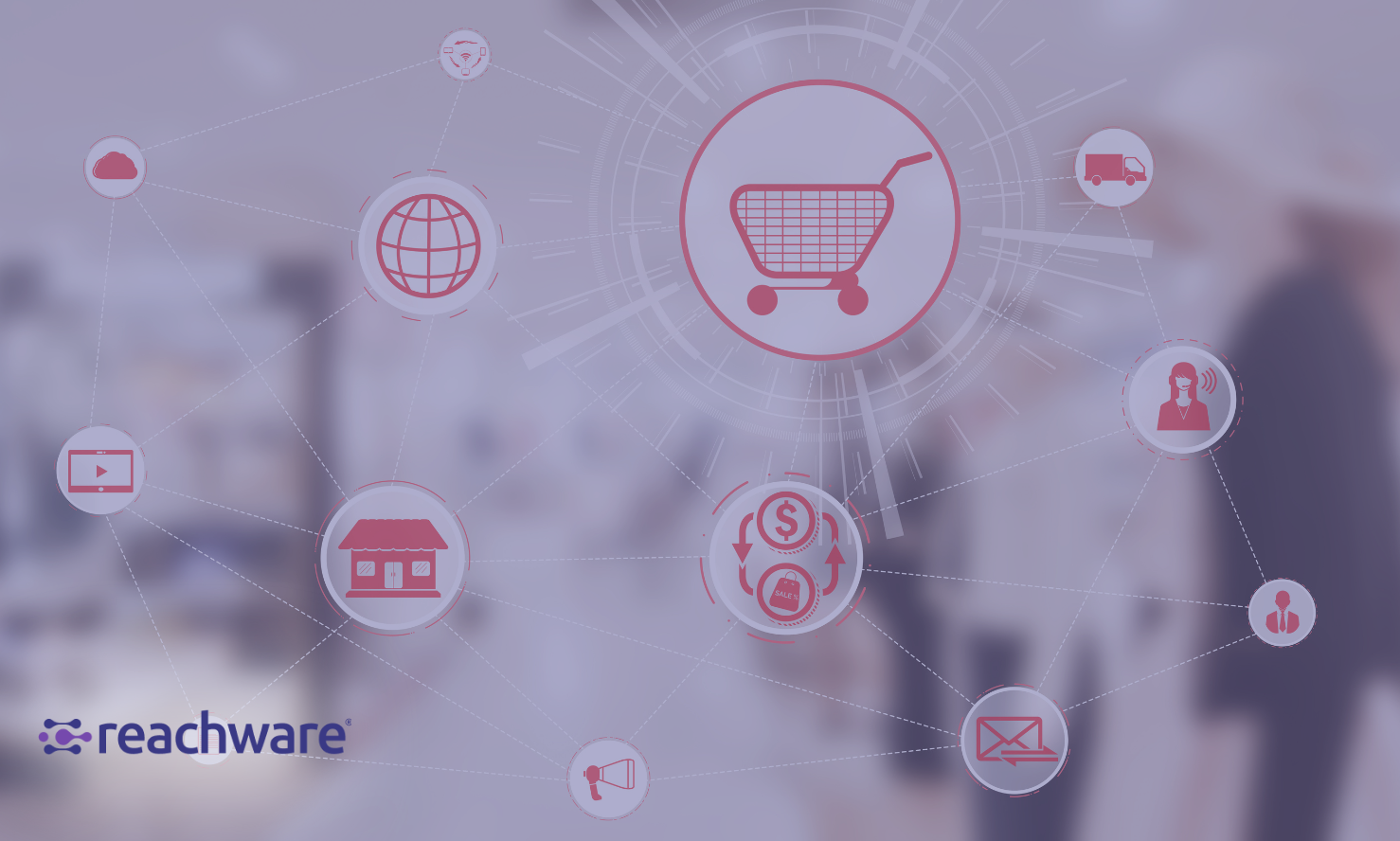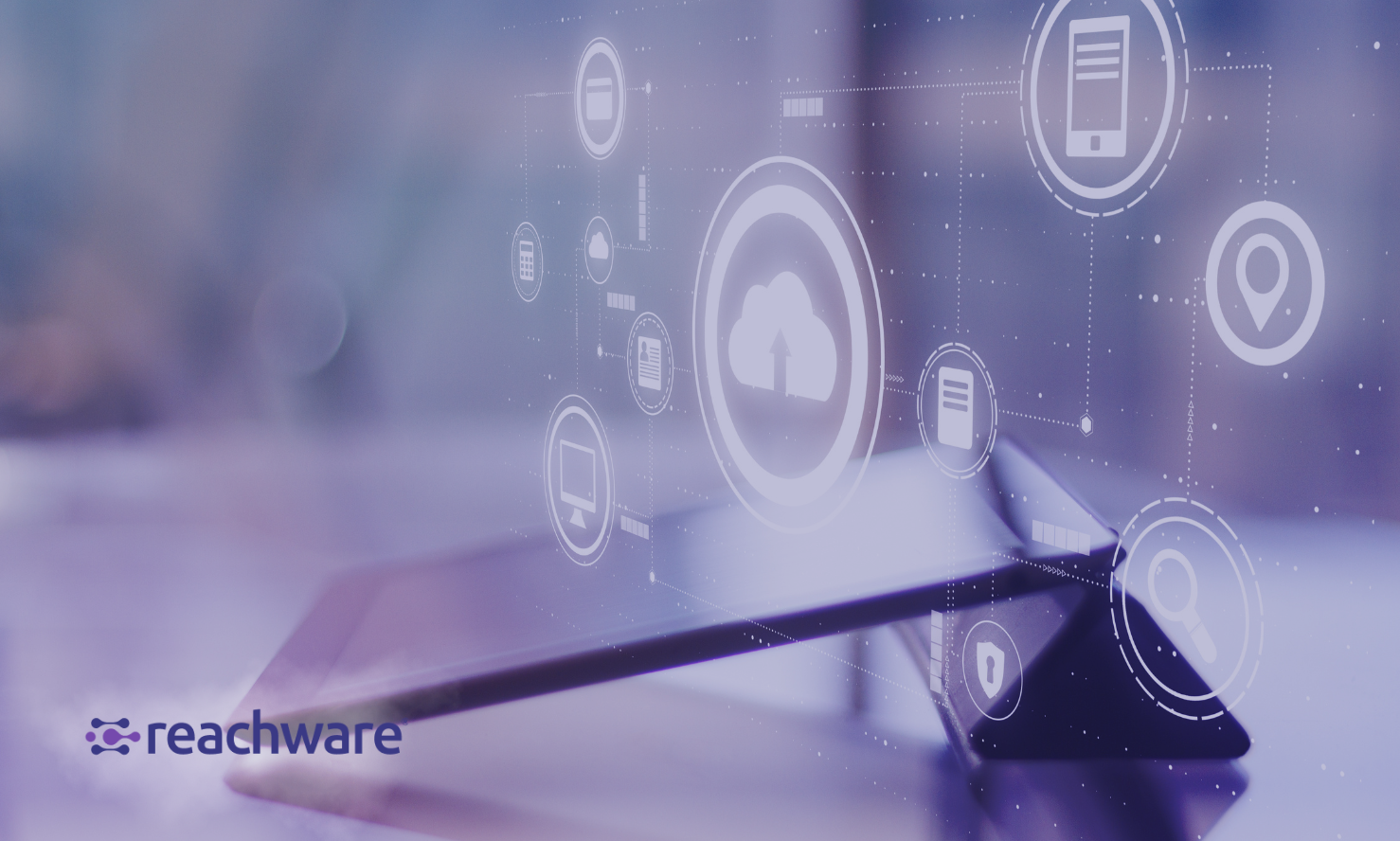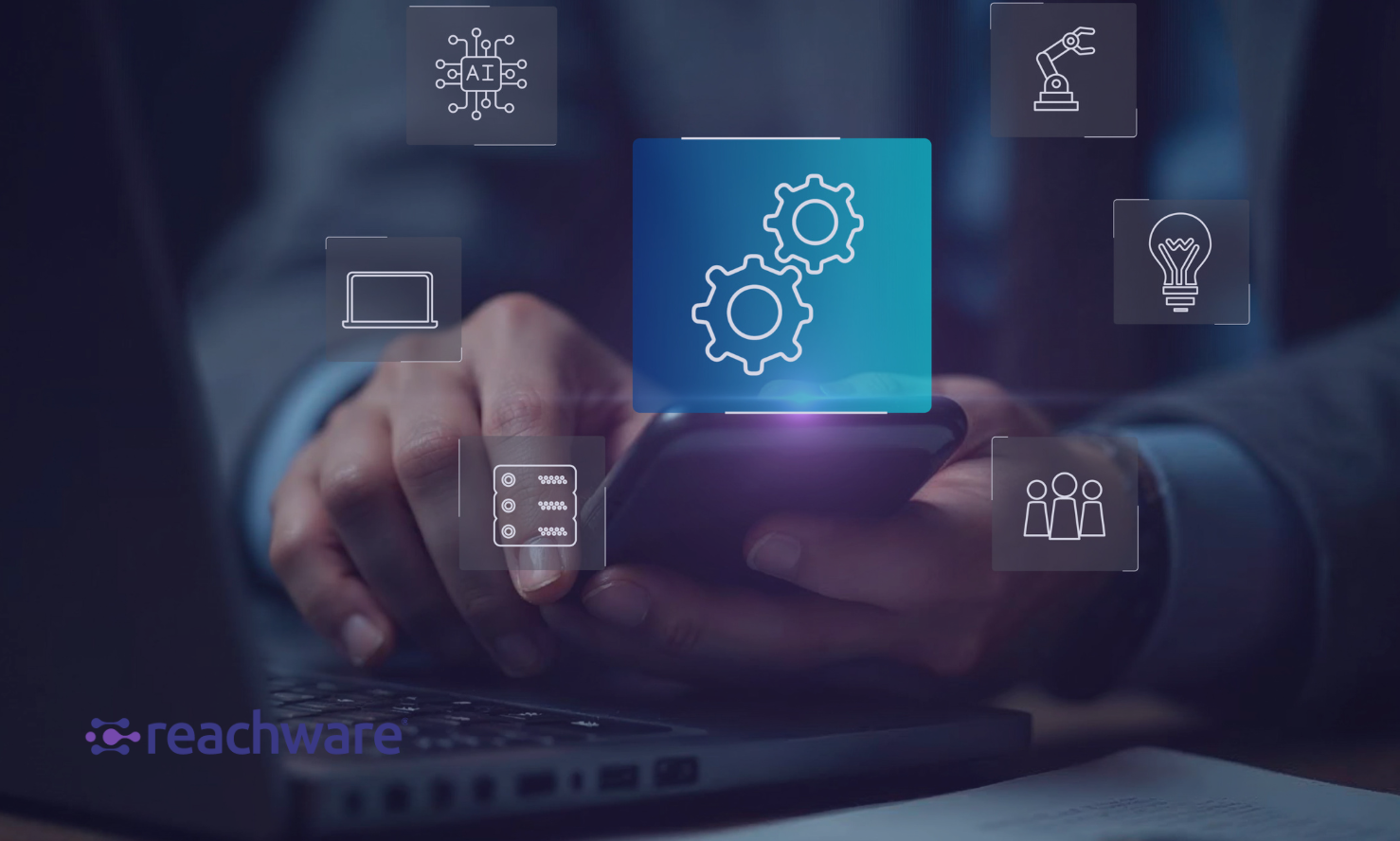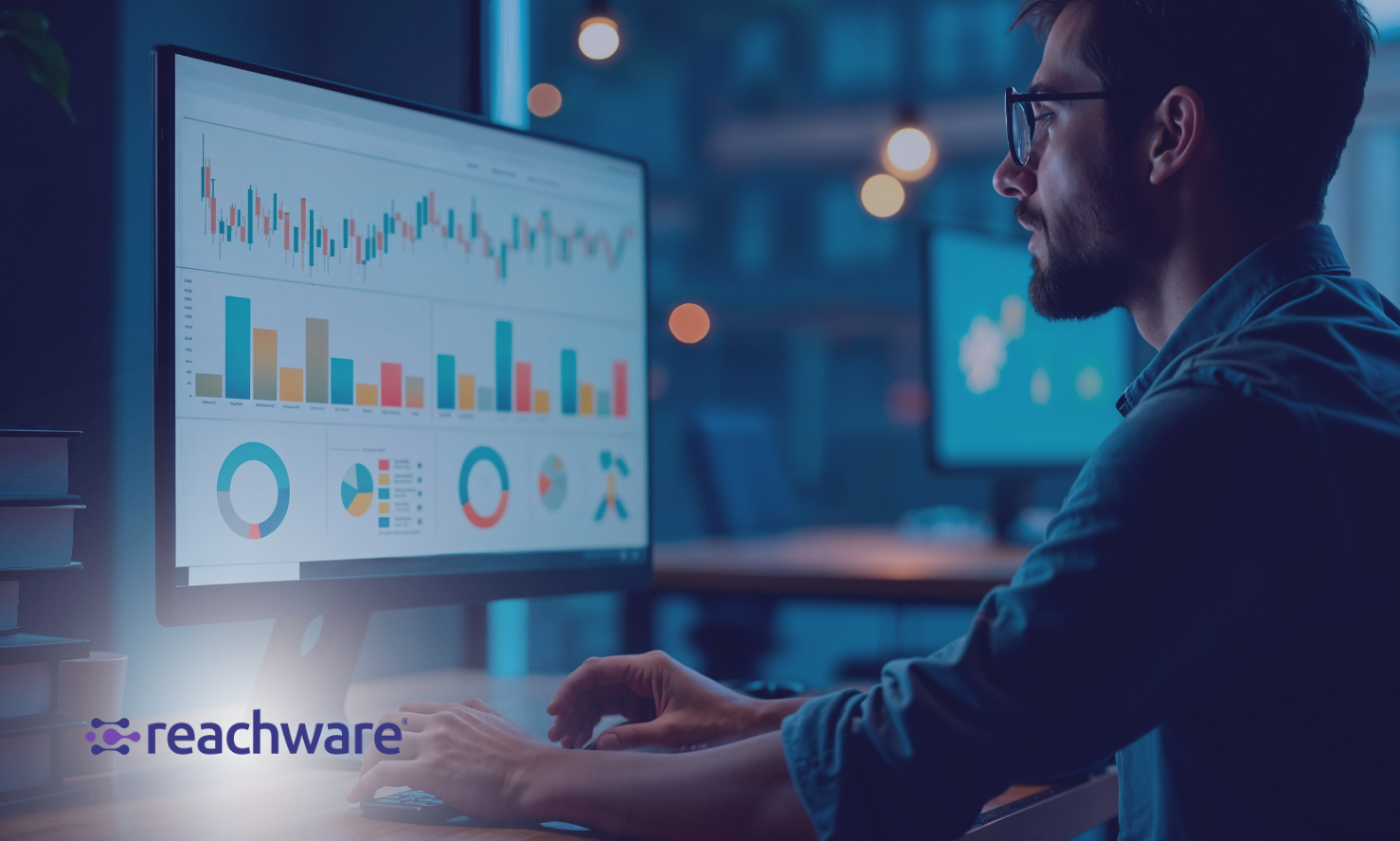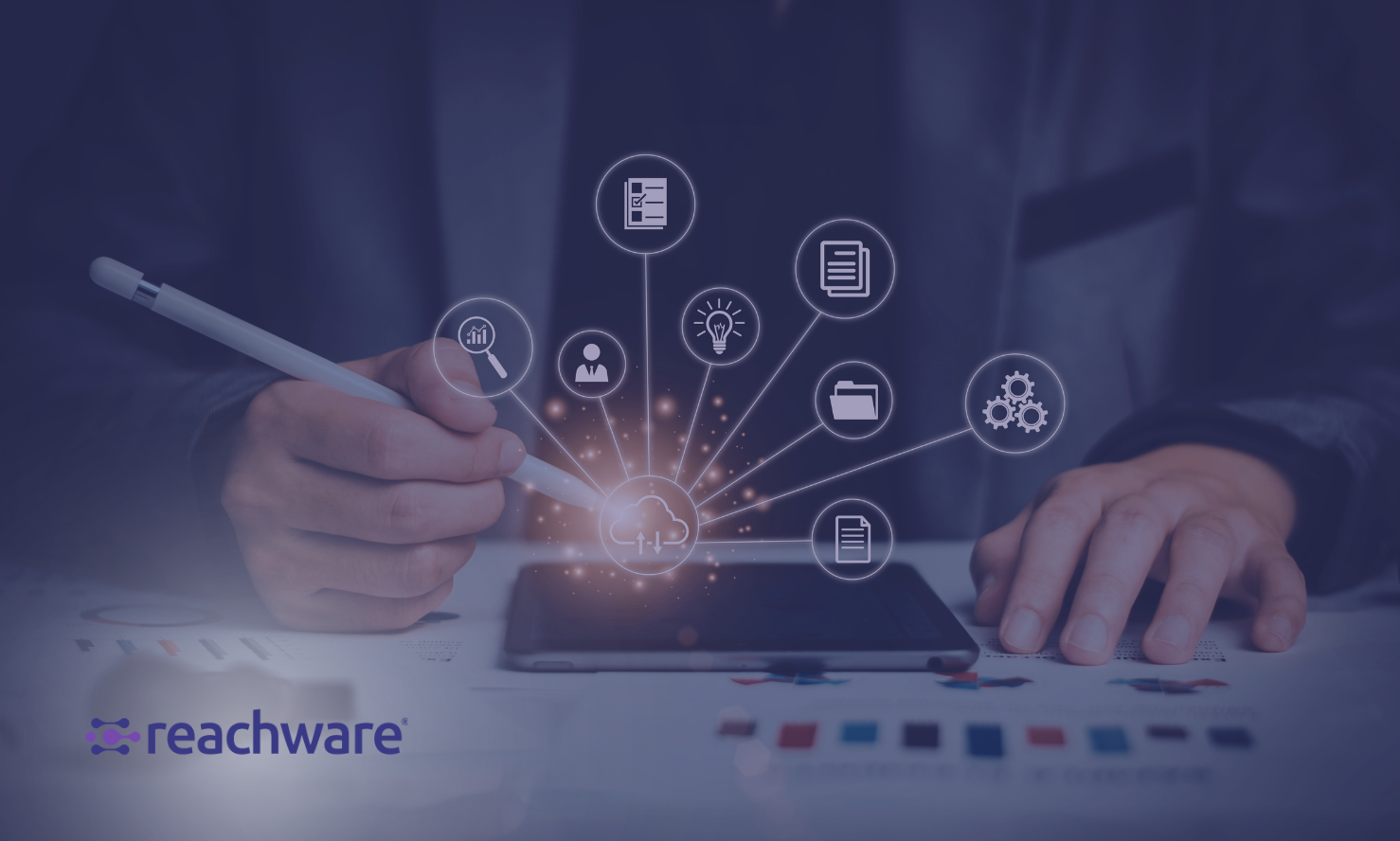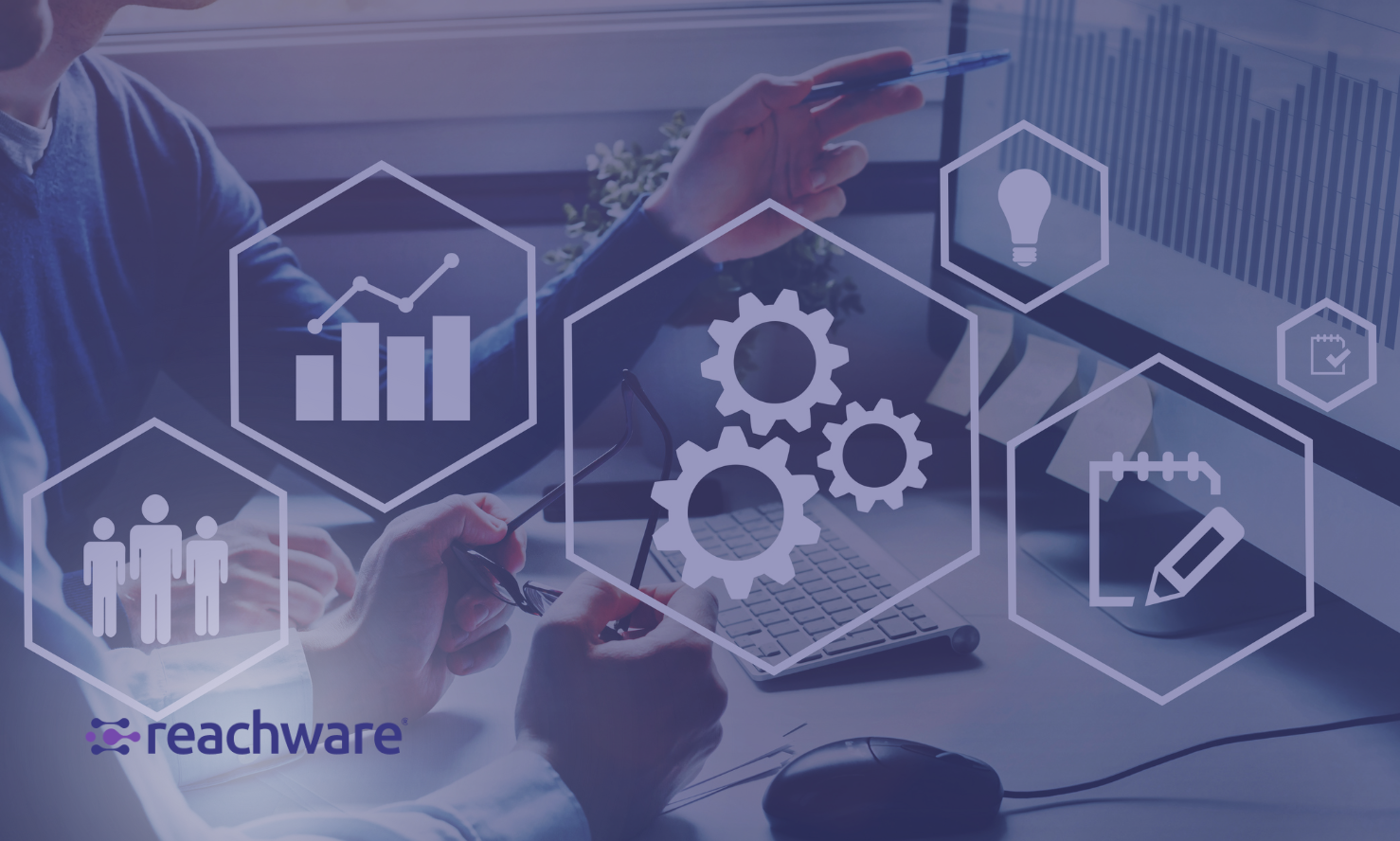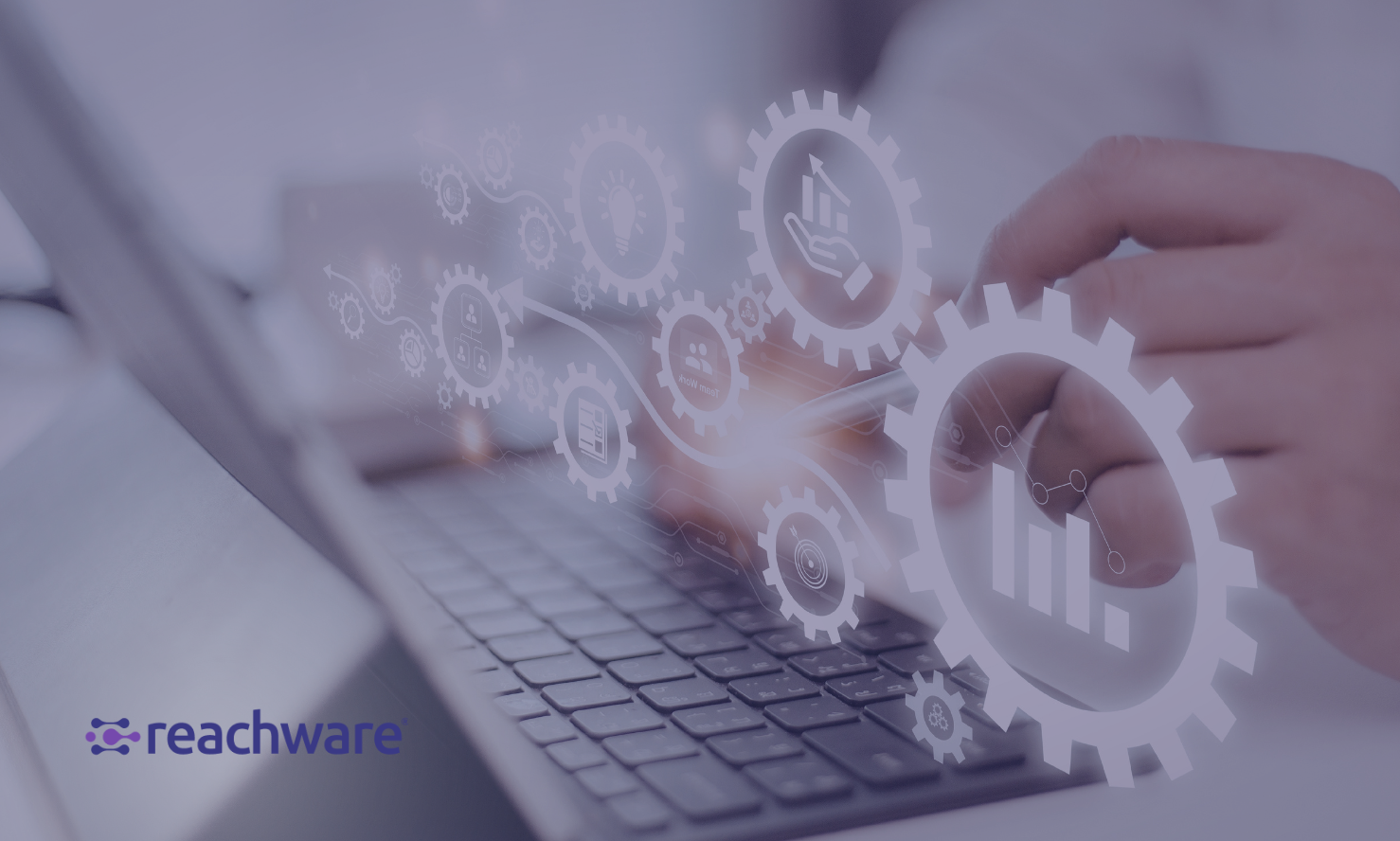InsightView for Smarter Decisions: Leveraging BI in Saudi Business Landscape
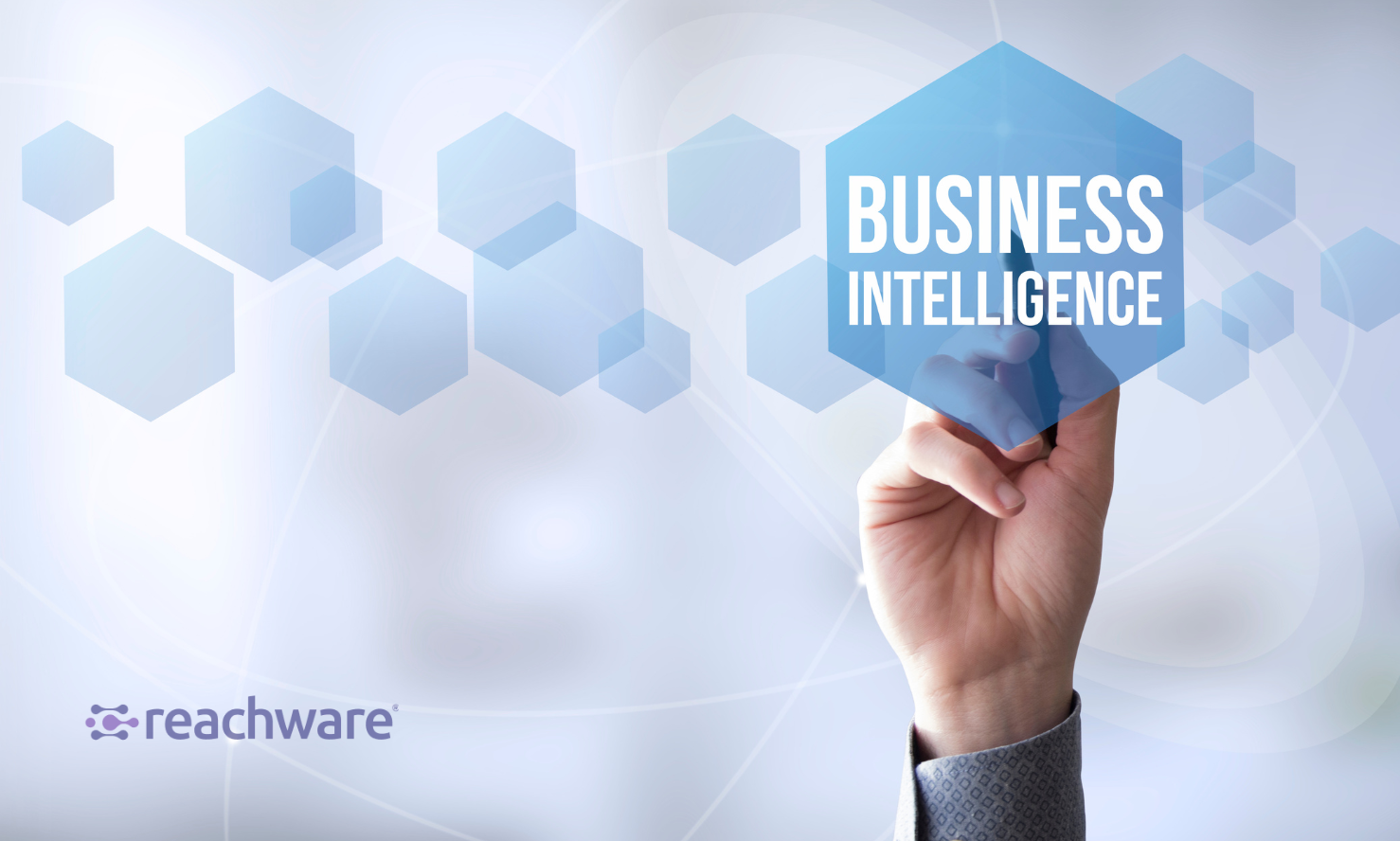
In Saudi Arabia's rapidly evolving business landscape, data represents much more than just numbers—it is an invaluable asset that drives strategic growth. InsightView makes this valuable data actionable, transforming it into Business Intelligence (BI) sources that organizations can use to make better decisions at a faster pace. Saudi Arabia continues its forward momentum toward Vision 2030-- today, with the demand for data-driven intelligent strategies at the highest it's ever been. With InsightView, organizations can navigate complex environments, identify hidden opportunities, and remain relevant and competitive in a digitally innovative and transformed ecosystem.
The Role of BI in Saudi Business Landscape
BI is required to develop the new Saudi business landscape, which will successfully and strategically use this data. As companies across the Kingdom continue to adapt to Vision 2030 and digital transformation, the tool gives companies real-time visibility of their operations, behaviors, and market trends. This allows organizations to make decisions more rapidly, efficiently, and more precisely evaluate growth opportunities. From retail to real estate and healthcare to finance, it enables businesses to measure key performance indicators (KPI), monitor every day, forecast future trends, and react to evolving market dynamics.
In addition, it empowers Saudi businesses by enabling them to meet compliance standards, optimize their resources, and align with national objectives such as sustainability, economic diversification, and innovation. Suppose the government is looking for data-driven governance and smart cities. In that case, BI is not just a point of differentiation but a strategic necessity. It provides executives and stakeholders with dashboards, reports, and predictive analytics that convert complex data sets into a series of business recommendations. In a time when agility and rational decision-making matter most regarding survival and success, Saudi businesses are becoming more intelligent, agile, and ready for the future.
Practical Power: How BI Drives Smarter Business Decisions
Business Intelligence (BI) helps in making smarter decisions by allowing a decision maker real-time access to accurate, consolidated data organization-wide. Instead of relying on gut feelings to make decisions or a late report, decision-makers can use its dashboards and visualization tools to see trends directly, track performance, and identify anomalies. For instance, a retailer operating out of Saudi Arabia can use it to look at customer behaviors on purchasing habits in different geographic areas to make inventory adjustments, make informed decisions on prices, and plan for cost-effective targeted marketing campaigns - to reduce costs and increase sales. BI can provide practical data practice by effectively showing complex data trends and salient points in intuitive presents and visualizations.
From a practical perspective, the tool also provides a more robust basis for strategic planning and forecasting; for example, a logistics firm can use predictive analytics to estimate delivery times and minimize delays encountered to their resources more efficiently. Similarly, a healthcare provider can assess patient data trends to improve care delivery and resource allocation. Because it draws data from multiple systems (finance, HR, sales, operations) into a single launching point, all of the relevant available data translates all sorts of business metrics (including risk) into valuable information for predictive planning and decision-making. In effect, businesses can respond faster, and this technology empowers people to respond smarter. Companies can take actions based on trusted information rather than assumptions.
Benefits to Saudi Arabian Businesses by Investing in Business Intelligence
1. More Accurate Decision-Making
Business Intelligence tools help Saudi Arabian businesses make accurate and informed decisions with real-time data by aggregating different sources into one system in a unified manner. This means that decision-makers no longer rely on assumptions or fragmented information. Instead, their organizations can assess trends, visualize scenarios, and confidently navigate a conclusion grounded on real-time data. For example, a retail chain might track the popularity of its most purchased products. Still, with BI, it can accurately assess demand, minimize inventory delay, and derive a near-exact forecast of a new product's future sales. When timing is critical, such as in finance or logistics, it eliminates the guesswork and allows for greater precision in planning. By making the right decision with this advantage, businesses often respond more quickly to market movements, navigate risk better, and be more efficient with their resources.
2. Real-time Performance Monitoring
Business Intelligence (BI) provides real-time dashboards and performance metrics, allowing organizations in Saudi Arabia to have a continuous view of their operations. This is especially relevant to industries such as logistics, healthcare, and manufacturing, where timely actions can be taken against changes in performance to mitigate lost revenue or service delivery to operational benchmarks. The tools also provide the ability to monitor key performance indicators, employee performance, sales, or customer satisfaction in real time. For example, a logistics business may discover on time that deliveries are not meeting their schedule. They can take pre-emptive actions to re-route deliveries and avoid future penalties. Real-time monitoring allows businesses to be flexible, efficient, and agile—valuable traits in an economy like Saudi Arabia that is rapidly changing.
3. Improving Operational Efficiency
Operational efficiency is the reality of BI. The practicality of BI is that it can remove operational bottlenecks and redundancies and improve processes by assessing workflow, employee data, and productivity. Saudi Arabia is an inherently competitive market with rapid growth; thus, operational efficiency is critical. For example, a hospitality-related business can observe correlations in occupancy trends, employee scheduling, and guest behaviors to improve the efficiency of their service delivery while still managing labor costs. This smart tool can provide visibility into operations that are not always apparent in the daily immediacy of managing a business and give leadership the opportunity to make processes more efficient and improve overall output and productivity. It is one of the key portals to more efficient, "leaner" operations as Saudi organizations continue their digitization quest.
4. Competitive Market Understanding
It is necessary to understand the forces that affect consumer behavior, demand, and industry trends to gain a competitive edge in Saudi Arabia's constantly changing market. The tools like Dashboards, Data Mining, and Predictive Analytics allow businesses to pull data together and better understand it to outmaneuver their competitors. Whether you are identifying trending products in eCommerce or analyzing social sentiment in real estate, it will visualize trends and patterns that help focus your marketing and sales strategies. Companies can use it for competitive benchmarking, forecast demand changes, and innovate quicker, if necessary. BI is also essential to help organizations implement and prepare for market changes resulting from Vision 2030's interest in economic diversification.
5. Improved Understanding of Customer Focus
Customer focus is becoming much more important in Saudi Arabia, and BI plays a crucial role. Using customer data from traditional and social media about buying and feedback habits, demographics, and customer interactions. Companies need to know their customers' expectations and preferences to offer the right products and services. In the telecom sector, companies can reduce customer churn by using it to identify customers who are at risk of leaving and providing customized offers for them to stay. It enables customer segmentation and sets up predictive analytics and the ability to track and change behaviors, providing better customer retention, satisfaction, and loyalty. Companies can also use this technology to better understand their customers and identify new products and services that would engage, excite, and provide value to them, improving brand equity and driving growth.
6. Strategic Alignment with Vision 2030
Vision 2030 sets a clear intention around innovations, digitization, and sustainability. BI advocates for better governance, resource management, and accountability within a sustainable framework. It can help individuals and entities in the public and private sectors assess the impact of strategic initiatives, monitor KPIs, and make decisions based on data to support long-term value creation. Governmental organizations can track urbanization and public health methodology, or private organizations can track sustainable criteria aligned with business practice or federal governance. Bringing alignment with national goals gives businesses the opportunity to not only comply with regulations but become change agents in the transformation of a country.
7. Risk Management and Predictive Analytics
Predictive analytics is critical in risk management processes. BI can provide scenario planning to foresee both opportunities and potential risks. Saudi businesses experience risks related to changing markets, economics, regulations, and operational drain. It encompasses historical and real-time data for analysis, enabling analysis of complex data set patterns that may yield adverse risk, including financial inconsistencies, stockpiling, and import/export capacities. For example, banks can utilize it to detect potential fraudulent charges and assess potential credit risk. At the same time, a manufacturer can evaluate the performance of machinery and schedule maintenance for an outlier differentiating from the average highlighted in historical data. Having hyper-awareness of potential issues enables organizations to mitigate losses and build stronger resilience against unpredictable change.
Unlock Smarter Decisions with Reachware - Your Business Intelligence partner in Saudi Arabia!
As the business landscape in Saudi Arabia continues to evolve rapidly, there is no longer a silver bullet to finding business success. It depends on how well you understand your data. Reachware provides organizations with modern BI solutions that simplify complex data into clearer, actionable insights. Reachware's practical BI tools will help you identify performance, discover opportunities for growth, and make your decision-making process easier and faster, regardless of your industry- retail, logistics, healthcare, or finance.
With real-time dashboards, predictive analytics, and connectivity to a wide range of products to integrate into your organization. Reachware gives you the knowledge to drive efficiency gains, improve your competitiveness in the marketplace, and align your strategy with Saudi Vision 2030. No matter if you need to streamline analytics within your operations or better understand your customers' behaviors, Reachware provides the best solutions tailored for the tough challenges unique to the rapidly changing market in the Kingdom of Saudi Arabia. Choose the Reachware platform, turn your data into your biggest business asset, and start confidently making informed decisions today.
Frequently Asked Questions
What is Business Intelligence (BI), and how can Reachware help?
Business Intelligence is the analysis of your organization's business data to assist you in making informed business decisions. Reachware provides the tools to turn your complex data into clearer, actionable insights to make informed decisions.
Is Reachware's BI solution suitable for small businesses?
Yes! Reachware develops scalable and custom solutions for businesses of any size, from a start-up company to a large enterprise.
Can Reachware's BI integrate with my existing business processes and software?
Absolutely. Reachware can easily integrate with your existing applications, including ERP, CRM, and any other data sources, ensuring continuity of experience.










